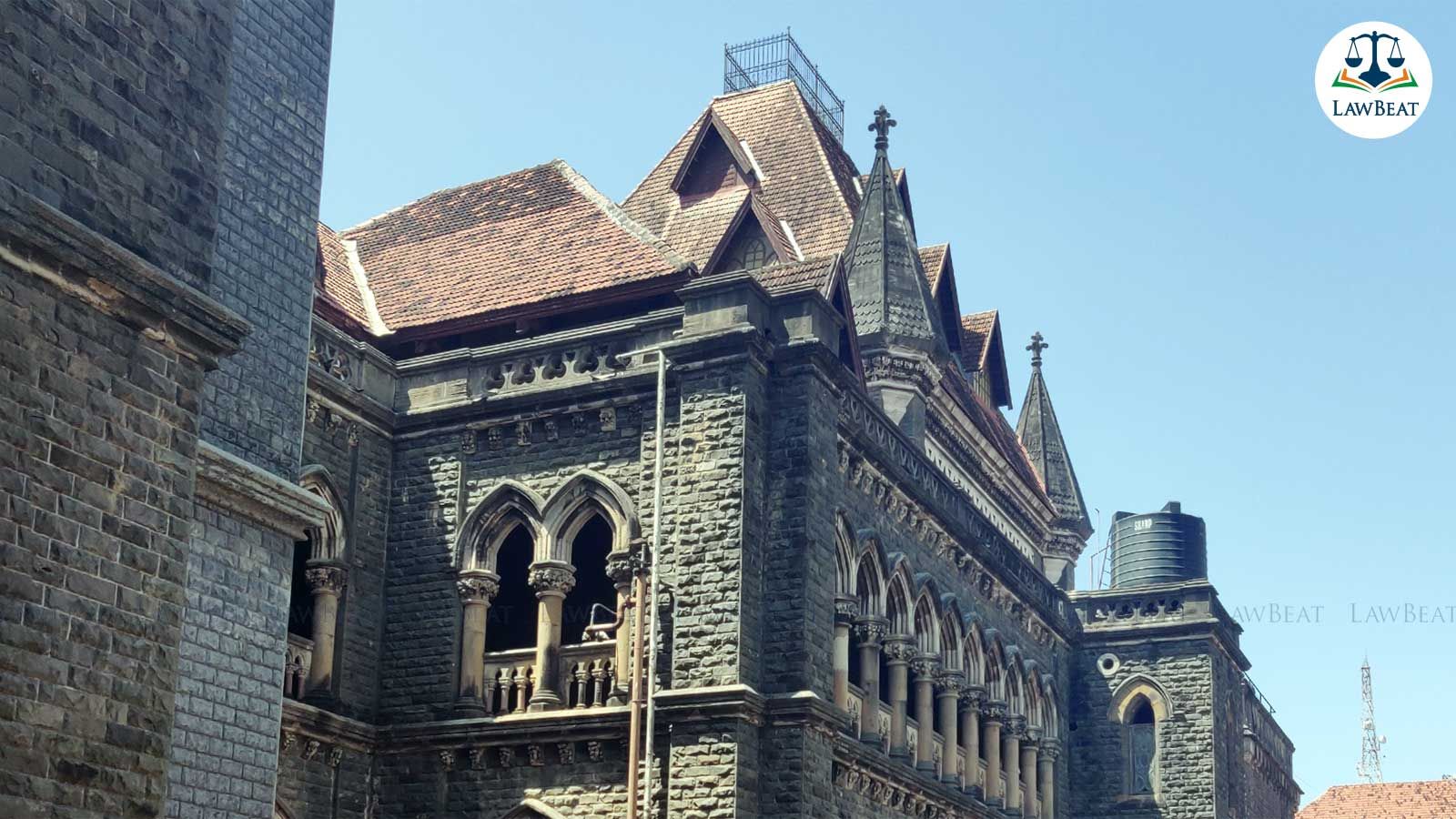Marathas Under SBEC Category Can Apply for Govt Jobs Through EWS: Bombay High Court

The Maharashtra Administrative Tribunal struck down the government resolution on the ground that it could not have been applied retrospectively. The candidates then approached the high court against the order of the MAT.
The Bombay High Court has ruled that candidates who applied for government jobs under the Socially and Economically Backward Class (SEBC) can be considered and given reservation under the Economically Backward Class (EWS) category.
The division bench of the high court, comprising Justice Nitin Jamdar and Justice Manjusha Deshpande, granted relief to 100 petitioners who had approached the high court, appealing against the order of the Maharashtra Administrative Tribunal rejecting the state government’s stand that candidates who applied for SBEC can be considered under EWS.
The State Government enacted legislation called Maharashtra State Reservation for Socially and Educationally Backward Classes (SEBC), granting reservations to Marathas beyond the ceiling limit of 50%.
In 2021, the Supreme Court struck down the provisions granting reservation to the Marathas.
Subsequently, the state government passed a resolution allowing SBEC candidates to apply under the EWS quota, which was challenged by certain candidates applying under the EWS quota.
The Maharashtra Administrative Tribunal struck down the government resolution on the ground that it could not have been applied retrospectively.
The candidates then approached the high court against the order of the MAT.
The division bench, in its order, noted that the MAT deviated from established legal principles, leading to cascading effects and negatively impacting a substantial number of candidates.
The bench also noted that the MAT exceeded the scope of the service dispute which was unnecessary.
“The impugned order to bifurcate the list ignored the multi-cadre selection adversely affecting the entire process. The generalised observations in the impugned order that SEBC candidates from the Maratha community scored higher marks imply that they were never entitled to SEBC reservation exceeded the scope of the service dispute and were unnecessary,” the order reads.
The high court, in its order, also observed that the seats reserved for Maratha (SEBC) candidates were integrated into the general category.
The bench said that Maratha (SEBC) candidates who were in economically weaker sections, upon getting the due certificate, were allowed by the State to apply under the EWS category with a merit-based approach
Case title: Akshay Ashok Chaudhari & Ors vs State of Maharashtra
